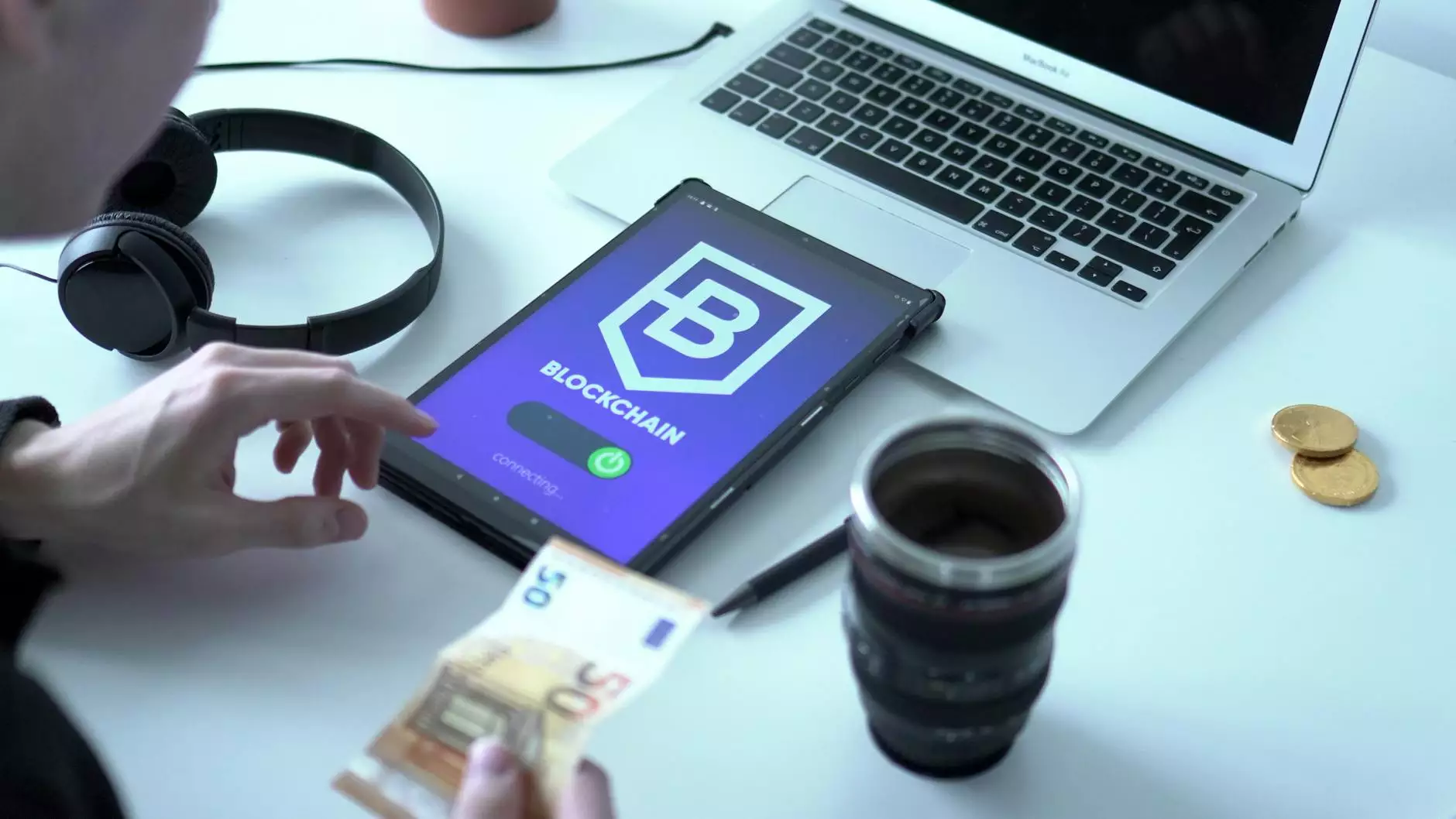The Differences Between LinkedIn and Facebook for Business
Blog
Introduction
Welcome to Creative Media Distribution, LLC's comprehensive guide on the differences between LinkedIn and Facebook for business marketing and advertising. As a leading provider in the Business and Consumer Services - Marketing and Advertising industry, we aim to shed light on the unique features and advantages offered by these two popular social media platforms. By understanding the nuances of LinkedIn and Facebook, businesses can make more informed decisions when it comes to their marketing strategies.
LinkedIn and Its Business Benefits
LinkedIn is a professional networking platform that caters to businesses, professionals, and job seekers. It is considered the go-to platform for B2B marketing and networking. With over 750 million members worldwide, LinkedIn offers numerous benefits for businesses:
1. Targeted Audience
LinkedIn allows businesses to connect with a highly targeted audience, including decision-makers and industry professionals. By leveraging detailed user profiles, businesses can refine their outreach efforts and reach the right people with their marketing messages.
2. Professional Reputation Building
LinkedIn enables businesses to establish a strong professional reputation by showcasing their expertise, sharing industry insights, and participating in relevant discussions. This can enhance brand credibility and attract potential customers or business partnerships.
3. Lead Generation
With its advanced search features and lead generation tools, LinkedIn offers opportunities for businesses to generate valuable leads. By utilizing targeted advertisements, sponsored content, and personalized messaging, businesses can capture the attention of potential customers and nurture them into conversions.
Facebook and Its Business Advantages
Facebook, on the other hand, is a social networking platform that caters to a diverse audience, including individuals, businesses, and communities. It is known for its wide reach and extensive advertising capabilities. Here are some advantages of Facebook for businesses:
1. Massive User Base
With more than 2.8 billion active users, Facebook provides businesses with access to a massive potential audience. This allows for broader brand exposure and the opportunity to connect with diverse customer segments.
2. Visual Content Engagement
Facebook's emphasis on visual content, including images and videos, makes it an ideal platform for businesses looking to engage their audience through captivating visual storytelling. By creating compelling multimedia content, businesses can drive higher engagement and increase brand awareness.
3. Diverse Advertising Options
Facebook offers a wide range of advertising options, including targeted ads, boosted posts, and sponsored stories, allowing businesses to tailor their campaigns to specific goals and target audiences. The platform's robust ad targeting capabilities enable businesses to reach the right people based on demographics, interests, and behaviors.
Choosing the Right Platform for Your Business
When deciding between LinkedIn and Facebook for business marketing and advertising, it's essential to consider your target audience, goals, and budget. Here are some key points to help guide your decision-making process:
1. Audience Demographics
LinkedIn predominantly attracts professionals, particularly those in industries such as finance, technology, and business services. If your business operates within these sectors or targets a professional audience, LinkedIn may be the better choice.
Facebook, on the other hand, appeals to a broader audience, including individuals of various demographics and interests. If you have a consumer-oriented business or want to reach a wider audience, Facebook offers greater potential reach.
2. Marketing Objectives
Consider your specific marketing objectives. LinkedIn is well-suited for lead generation, professional networking, and establishing industry authority. It's an ideal platform for B2B businesses that prioritize targeting professionals and decision-makers.
Facebook excels in brand awareness, broad reach, and engagement. If your goals involve building brand recognition, driving website traffic, or running engaging multimedia campaigns, Facebook may be the better fit.
3. Budget and Resources
Ensure you have clear visibility of your budget and resources before making a decision. LinkedIn, being a professional networking platform, generally commands higher advertising costs compared to Facebook. Consider your budget and evaluate the potential return on investment (ROI) each platform can offer.
Conclusion
In conclusion, both LinkedIn and Facebook present unique opportunities for businesses in the Marketing and Advertising industry. LinkedIn's focus on professionals and targeted outreach makes it a powerful tool for B2B marketing and networking. Meanwhile, Facebook's massive user base, diverse advertising options, and visual content engagement provide businesses with broad reach and brand exposure.
At Creative Media Distribution, LLC, we understand the importance of leveraging these platforms effectively to maximize business growth. Whether you choose LinkedIn, Facebook, or a combination of both, we are here to help you develop the most impactful marketing and advertising strategies tailored to your specific needs.










